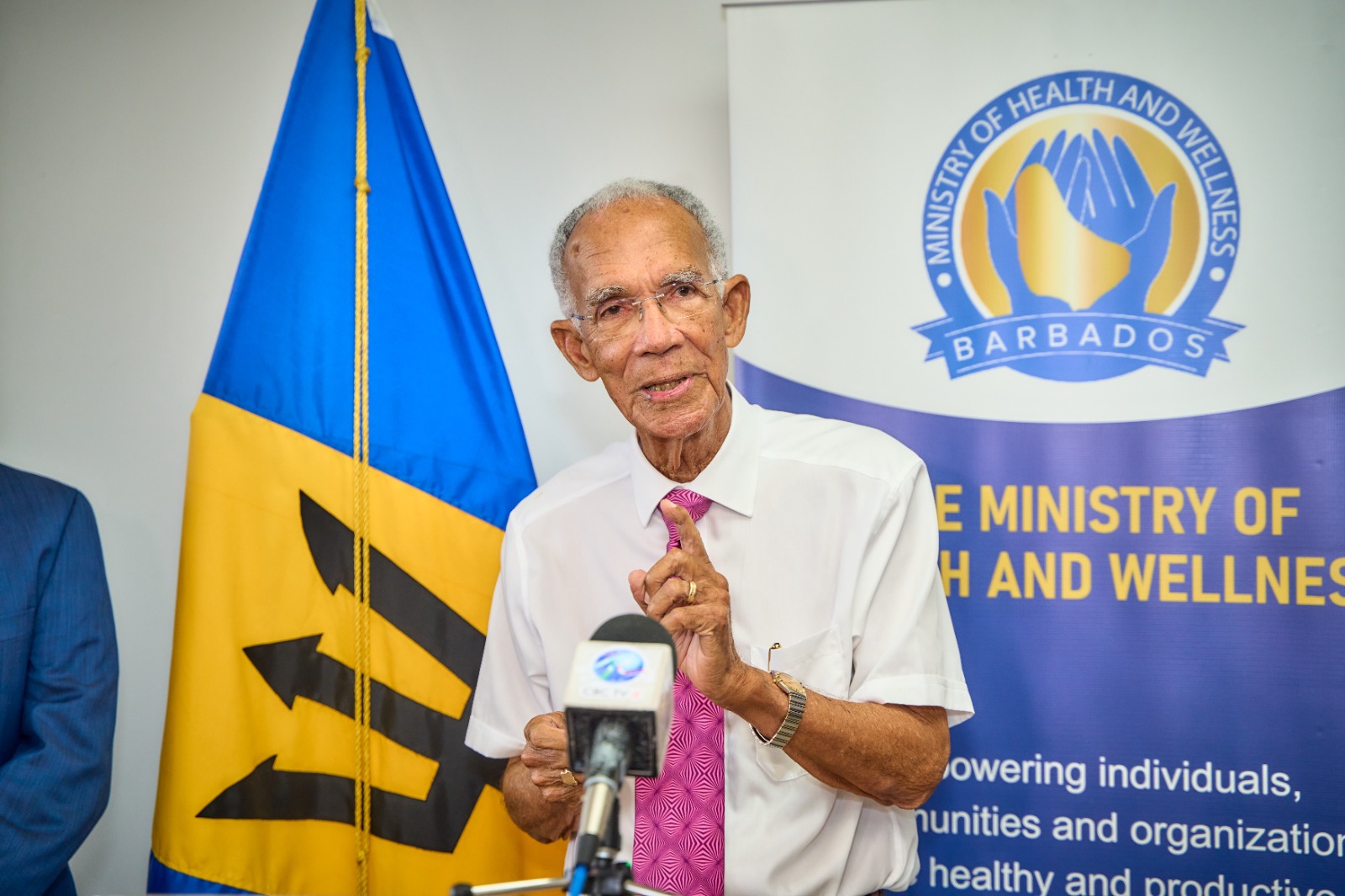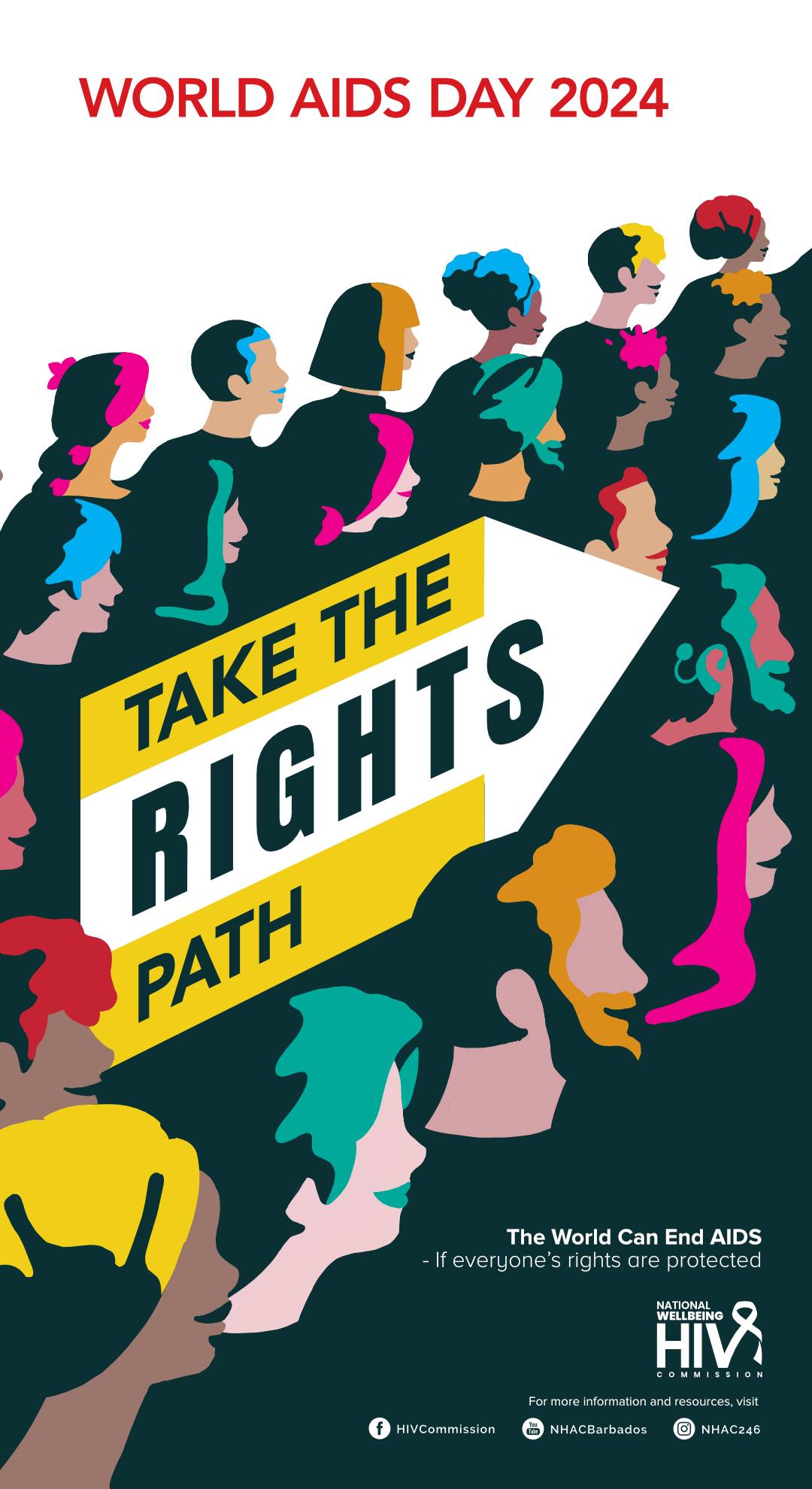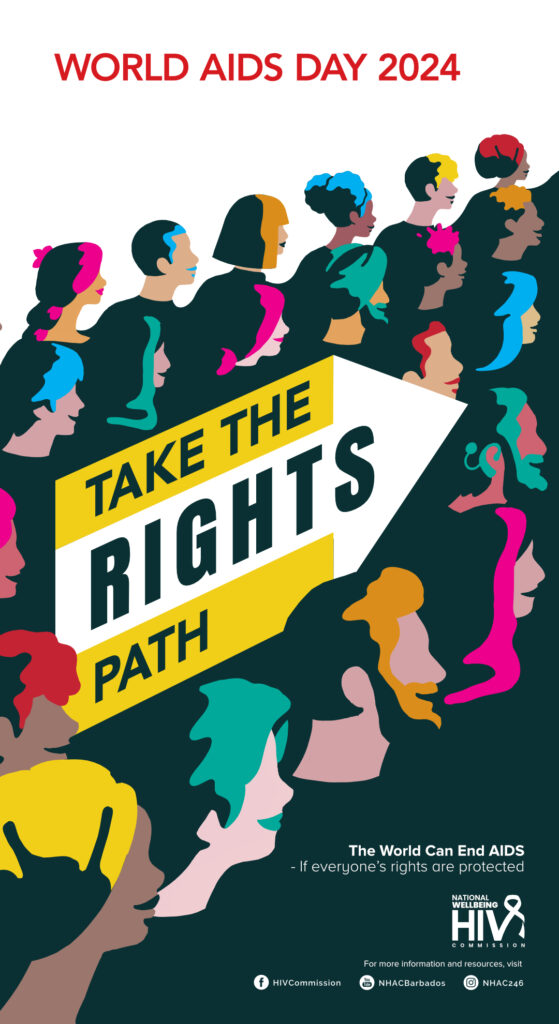Health
CHANGES TO HEALTH CARE SYSTEM
-

 Features4 weeks ago
Features4 weeks agoKENSINGTON GUARD STRIPES: DR. THORPE’S REVOLUTIONARY NEW CRICKET INNOVATION
-

 Sports4 weeks ago
Sports4 weeks agoBlack Knight Bikers Celebrate 10 Years of Brotherhood, Adventure, and Community Service
-

 Caribbean region3 weeks ago
Caribbean region3 weeks agoCaribbean Development Bank Appoints Daniel Best as New President
-

 Local3 weeks ago
Local3 weeks agoYearwood wins first 5k Run/Walk
-

 International4 weeks ago
International4 weeks agoABUJA INT’L CARNIVAL 2024
-

 Agriculture4 weeks ago
Agriculture4 weeks agoCHICKEN CRISIS: Exploring Supply Chain Disruptions in Barbados’ Egg and Poultry Industry and their Wider Impacts
-

 Sports4 weeks ago
Sports4 weeks agoNO PLAY AND NO CHAMPION
-

 Local3 weeks ago
Local3 weeks agoBarbados 4-H Foundation Launches its 4-H Fourward Curriculum






























